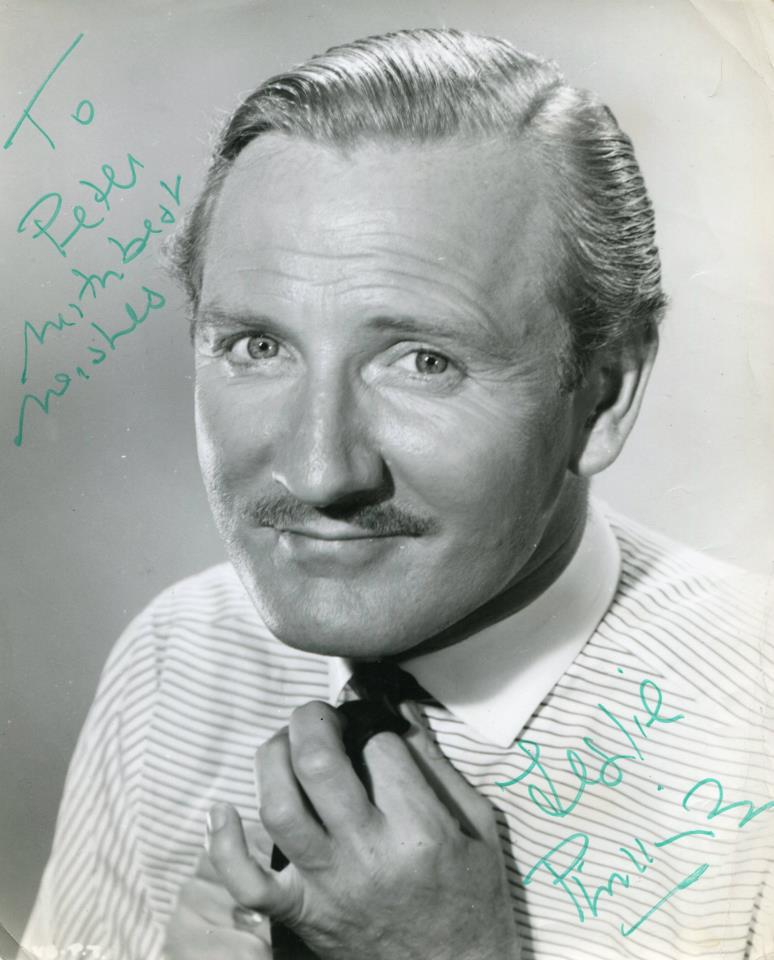
Leslie Phillips (Wikipedia)





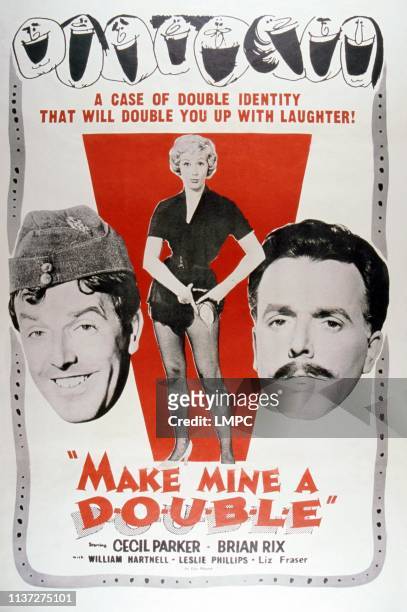







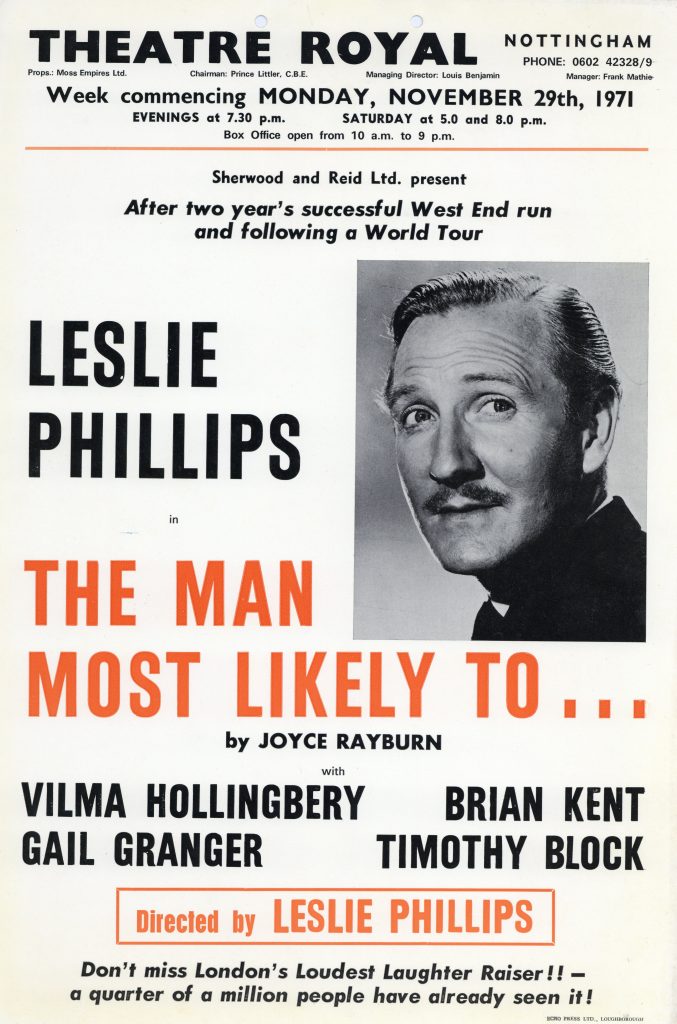
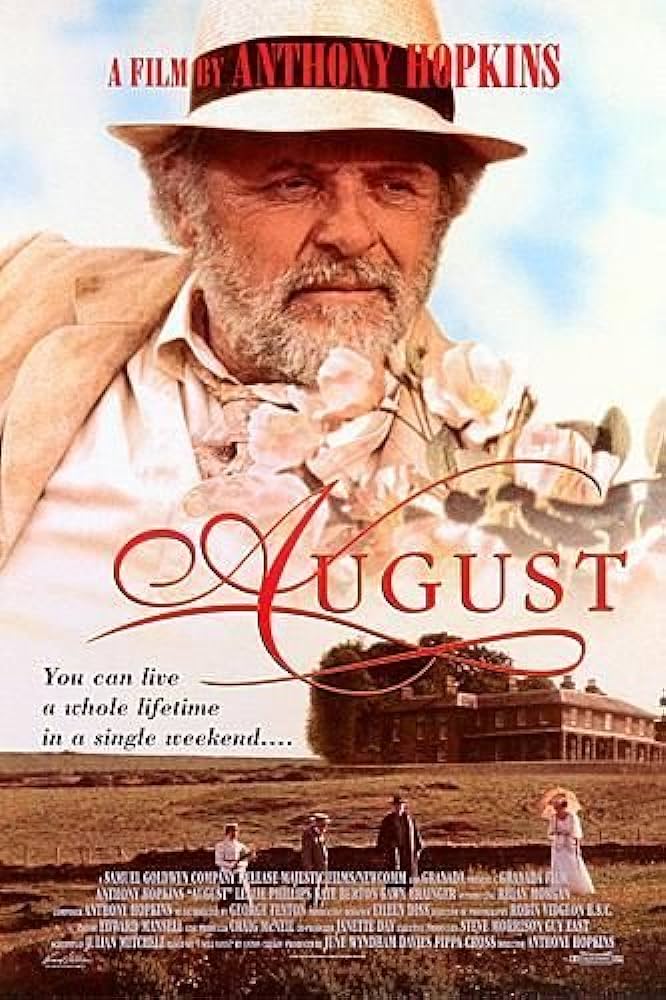
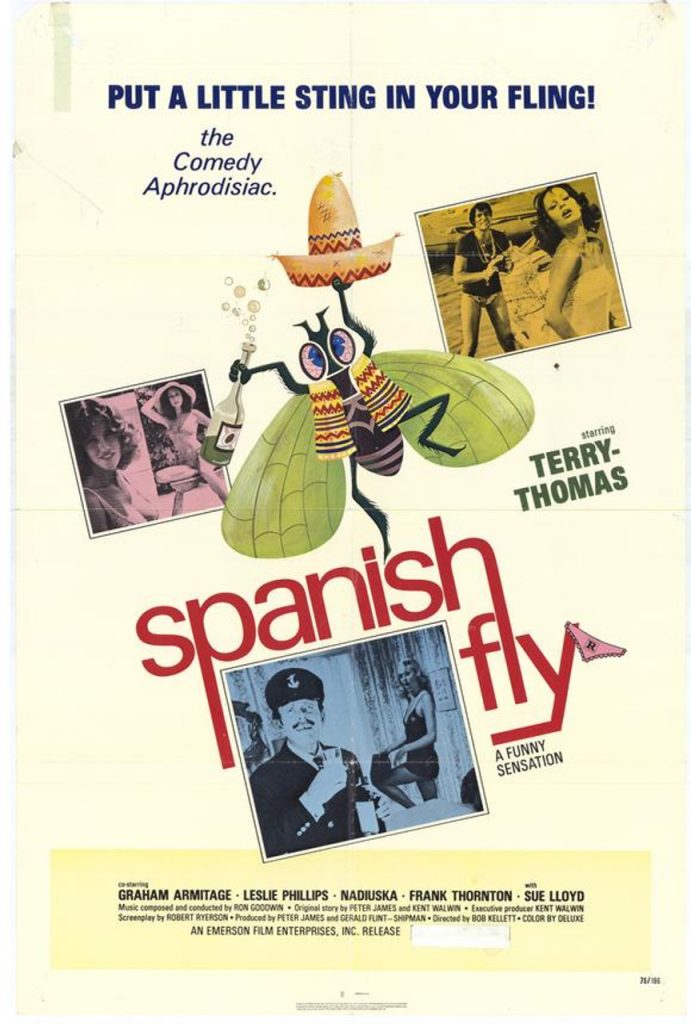

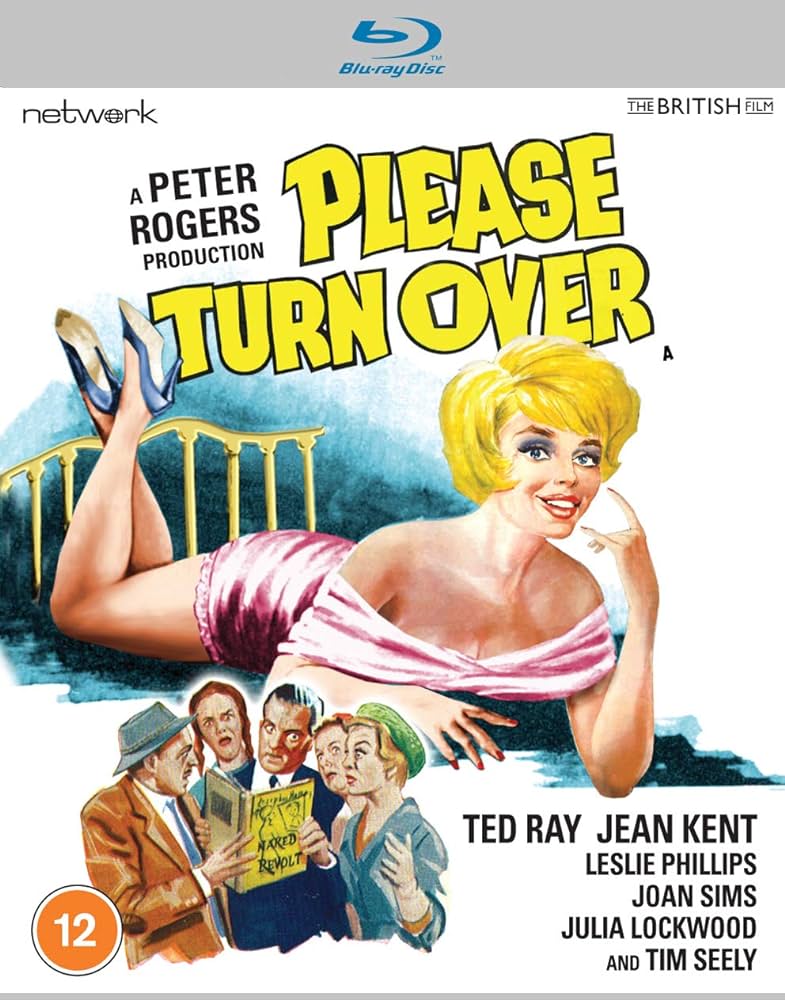
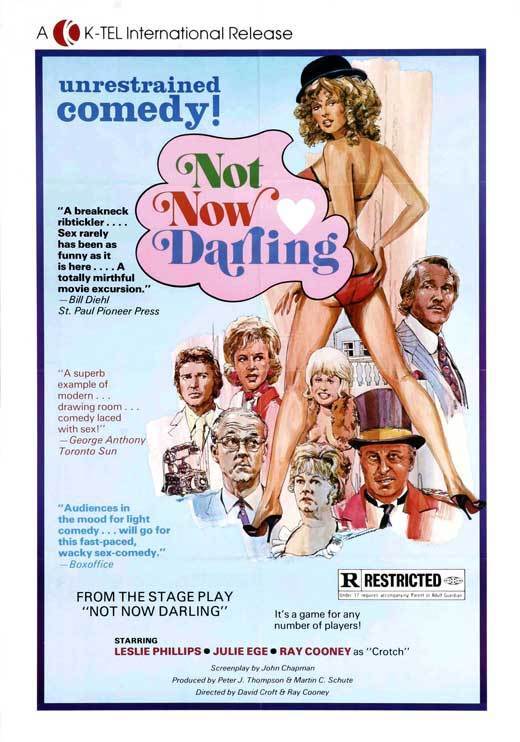






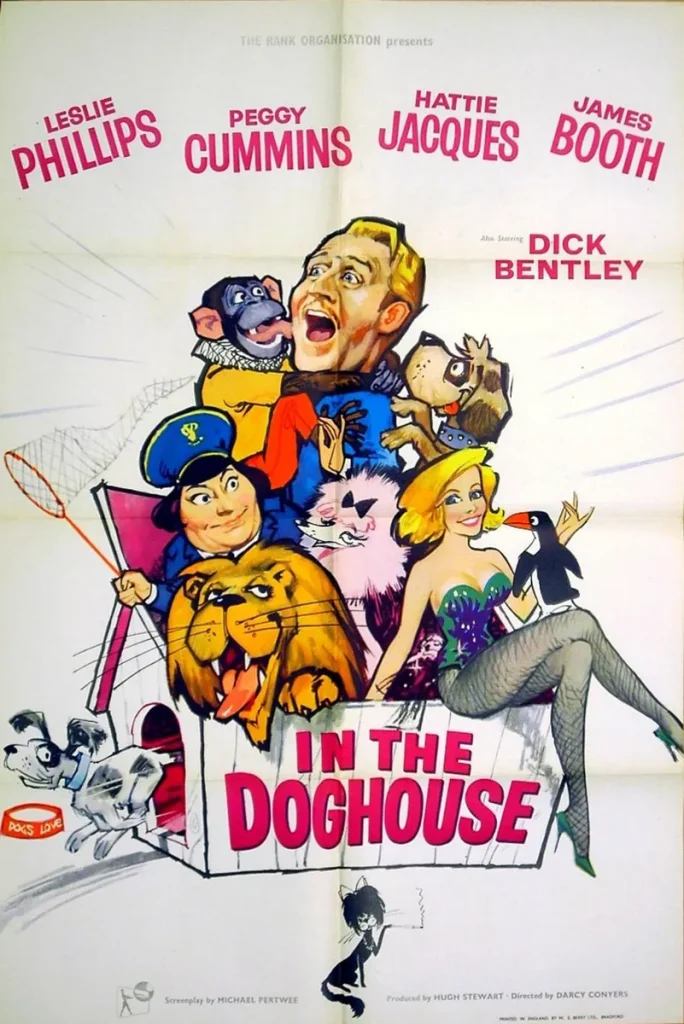

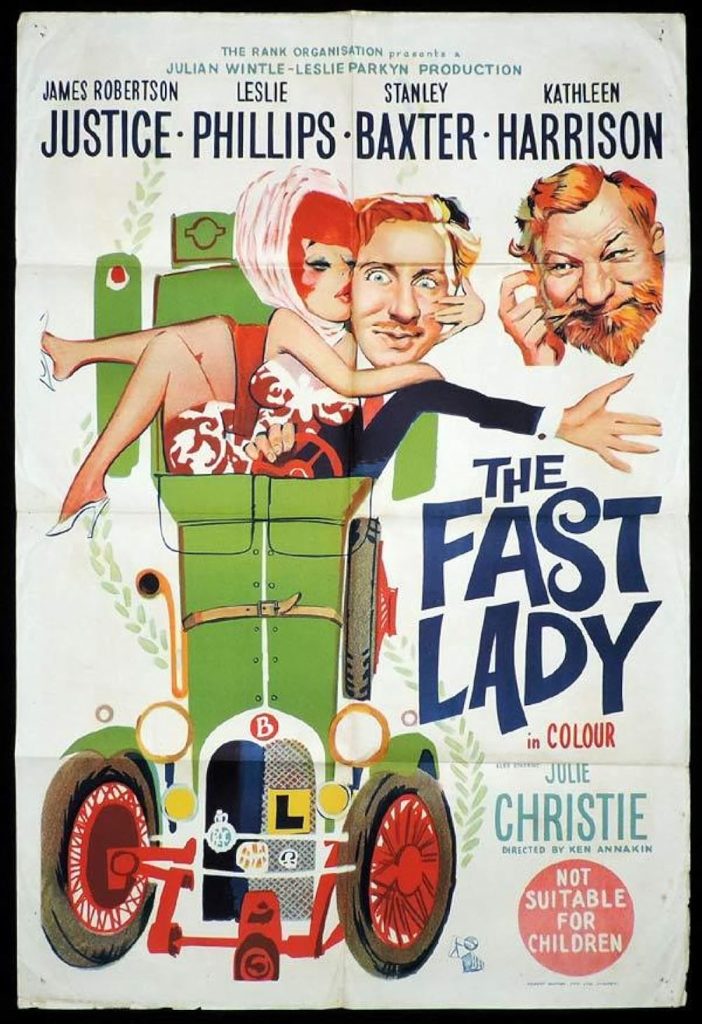



Leslie Phillips was born in Tottenham, Middlesex, England, the son of Cecelia Margaret (née Newlove) and Frederick Samuel Phillips,[2] who worked at Glover and Main, manufacturers of cookers in Edmonton; the “filthy, sulphurous” air of the factory gave Frederick a weak heart and edema, leading to his death at the age of 44. In 1931, the family moved to Chingford, Essex, where Phillips attended Larkswood Primary School.[3]
It was his mother who decided that Phillips should be sent to the Italia Conti Academyto receive elocution lessons to lose his cockney accent. At that time a strong regional accent was a major impediment to an aspiring actor. It proved to be an astute move and was a major factor in his subsequent success.
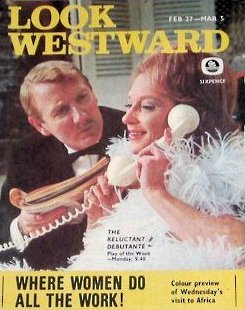
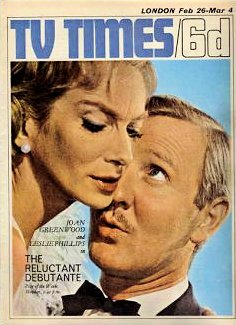
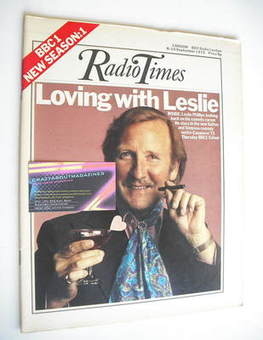
Phillips made his stage debut at the age of ten in Peter Pan alongside Anna Neagle at the London Palladium.
Phillips made his first film appearances as a child in the 1930s. He is the only actor still alive who performed at Pinewood Studios in its first week of opening in 1936. He also understudied for Binkie Beaumont and H. M. Tennent in the West End. In 1938, 14-year-old Leslie Phillips appeared with Graeme Muir in the West End play Dear Octopus where Muir was the juvenile lead. During the Second World War shows were frequently interrupted by air-raid sirens and Phillips recalls in his autobiography that “audiences would evaporate and head for cellars or Underground stations”. At 16, Phillips played an uncredited market street urchin in 1940’s The Thief of Bagdad.
Called up to the Army in 1942 Phillips rose to the rank of Lance-Bombardier in the Royal Artillery. Due to his acquired upper class accent, Phillips was selected for officer training at Catterick and duly commissioned as a Second Lieutenant in the Royal Artillery in 1943.[5] In his autobiography he would recall that his anti-aircraft battery destroyed numerous German V1 flying bombs launched against the UK during the period. He was transferred to the Durham Light Infantry in 1944 but was later declared unfit for service just before D-Day after being diagnosed with a neurological condition that caused partial paralysis.[5] He was initially sent to a psychiatric hospital in error but was then sent to the correct facility for treatment.
Demobbed as a lieutenant in December 1944, Phillips’ acting career initially took in “the murkiest rat-infested old playhouses and music halls in the North of England“. It was during the 1950s that he became known for playing amusing English stereotypes, including the 1955 TV series Robin Hood starring Richard Greene. His first lead role in a television serial was in the 1952 sitcom My Wife Jacqueline.[9] His seductive voice is his trademark as well as his catchphrases, “I say, Ding Dong” (originally the catchphrase of Phillips’ character Jack Bell in Carry On Nurse), “Hello” and “Lumme!”, which were partly, if not whollye, based on those of fellow cad actor Terry Thomas.
His big break in the films was in the Gene Kelly musical Les Girls in 1957.[5] Although the film was a critical success he decided against a move to Hollywood, in part as he considered himself primarily a theatre actor.[7] Soon after he appeared in three of the early Carry Onfilms; Carry On Nurse and Carry On Teacher (both 1959) and Carry On Constable (1960), which cemented his reputation for playing upper class fools and lecherous smoothies.[5] After Constable he told producer Peter Rogers that he did not wish to do any more Carry Ons, though he did return for Carry On Columbus in 1992. This made him, with June Whitfield, the longest-serving Carry On cast members. In the 1960s he took over from Dirk Bogarde in several of the ‘Doctor‘ film comedies.
Between 1959 and 1977 Phillips became familiar on radio, as Sub-Lieutenant Phillips in the comedy The Navy Lark alongside Jon Pertweeand Ronnie Barker.[10]
After his marriage to Angela Scoular in 1982, Phillips decided to move away from playing the kind of lecherous twits with suave chat-up lines which had characterised much of his previous work. Phillips has remained busy in both stage and television productions, along with character roles in films such as Empire of the Sun (1987) directed by Steven Spielberg and Lara Croft: Tomb Raider (2001). Phillips also provided the voice for the Sorting Hat in the Harry Potter films appearing in Harry Potter and the Philosopher’s Stone (2001) and Harry Potter and the Chamber of Secrets (2002) as well as reprising his role in the final film, Harry Potter and the Deathly Hallows Part 2 (2011). He has also appeared in British television sitcoms including Honey for Tea with Felicity Kendal and appeared in cameo roles in popular series such as The Bill.
In 2006, he appeared in Hanif Kureishi‘s film Venus alongside Peter O’Toole and was nominated for a BAFTA for Best Supporting Actor in 2007 for his role as the veteran actor, Ian.[
Phillips’ autobiography, Hello (ISBN 0-7528-8178-7), was published by Orion in 2006.
He was appointed Officer of the Order of the British Empire (OBE) in the 1998 Birthday Honours and was promoted to Commander of the Order of the British Empire (CBE) in the 2008 New Year Honours.
Phillips, in conjunction with Jules Williams and Back Door Productions, co-produced the Sky Arts series Living The Life[13] which ran for three series.
BFI obituary in 2022:
It always dismayed Leslie Phillips, who has died at the age of 98, that he was renowned for the louchely mischievous lines he had uttered in a clutch of comedies he considered crass. After all, he racked up dozens of stage credits and more than 170 film and television appearances during an 85-year career. But he could never shake those silkily seductive and raffishly lecherous catchphrases, “Ding dong”’ and “Hell-ooow”.
They were delivered in a Terry-Thomasish toff-speak that was a far cry from the accent Leslie Samuel Phillips had developed as a boy in Tottenham and Chingford. Born on 20 April 1924, he was raised by his impoverished mother after losing his father at the age of 10. She encouraged Phillips to audition for the Italia Conti Academy, where he was taught received pronunciation and landed the role of a wolf opposite Anna Neagle’s Peter Pan in the 1937 Palladium pantomime.
He made his feature bow in Lassie from Lancashire and was rewarded by Hollywood director King Vidor with a bit part in The Citadel (both 1938) after spotting a fire on the set. In addition to learning from stars like Rex Harrison, whom he saw as a teenager at Denham and Pinewood, Phillips also retained fond memories of working with Vivien Leigh in a wartime production at the Haymarket. Yet he needed persuading to return to acting after being invalided out of the Durham Light Infantry with a potentially paralysing nerve condition shortly before D-Day.

Having poked around in postwar theatre, Phillips gravitated back towards cinema. His clipped tones, pencil moustache, and second lieutenant status suited him for military roles in High Flight (1957), I Was Monty’s Double (1958), Very Important Person (1961) and The Longest Day (1962). Yet, while he took character parts in realist dramas like Basil Dearden’s Pool of London (1951) and David Lean’s The Sound Barrier (1952), his impeccable comic timing eased him into lighter fare, especially after he headlined the BBC sitcom My Wife Jacqueline (1952).
However, it was his radio stint alongside Jon Pertwee and Stephen Murray aboard HMS Troutbridge in The Navy Lark (1959 to 1977) that made Phillips a household name. The shows can still be heard on Radio 4 Extra, while Talking Pictures TV regularly screens the 1959 film version, which stars Phillips as Lieutenant Poulter. He would remain afloat in Watch Your Stern (1960).
By this time, Phillips had become a familiar face through his appearances as genial but gaffe-prone nitwits in Gerald Thomas’s early Carry On films Carry On Nurse, Carry On Teacher (both 1959) and Carry On Constable (1960). However, having stolen scenes as a medic who is depicted as a philanderer in a scurrilous bestseller in Thomas’s Please Turn Over (1959), Phillips switched director brothers to star as inept smoothie Tony Burke in Ralph Thomas’s Doctor in Love (1960) and Doctor in Trouble (1970), and roguish charmer Gaston Grimsdyke in Doctor in Clover (1966).
Things might have been very different if a trip to Hollywood to biff Gene Kelly on the nose in Les Girls (1957) had gone better. But Phillips objected to director George Cukor’s dictatorial manner and returned to Pinewood after opting not to become a “poor man’s David Niven”. Instead, he oozed easy charm whether essaying opportunistic bounders in The Man Who Liked Funerals (1959), Crooks Anonymous and The Fast Lady (both 1962); hapless husbands in No Kidding (1960) and A Weekend with Lulu (1961); or well-meaning bunglers in Raising the Wind (1961) and In the Doghouse (1962).

While such roles raised his profile, they frustrated Phillips – as did his womanising leads in such smutty Whitehall romps as Not Now, Darling (1973), Don’t Just Lie There, Say Something! (1974), Spanish Fly (1975) and Not Now, Comrade (1976), which merely confirmed his skills as a farceur. So he turned his back on film and focused on theatre and television in order to demonstrate his range. Notable stage displays as Gayev in Lindsay Anderson’s production of The Cherry Orchard and Falstaff in the RSC’s The Merry Wives of Windsor led to film roles in Sydney Pollack’s Out of Africa (1985) and Steven Spielberg’s Empire of the Sun (1987), for which he shed two stone to play an emaciated prisoner of war.
After contributing a supremely seedy Lord Astor to Scandal (1989) and playing Clive Owen’s scheming boss in Chancer (1990 to 1991), Phillips guested as King Ferdinand in Carry On Columbus (1992). He also matched Anthony Hopkins in August (1996), Bruce Willis in The Jackal (1997), John Malkovich in Color Me Kubrick (2005) and Michael Caine in Is There Anybody There? (2008). Moreover, he earned a BAFTA nomination for his work as the lovesick Peter O’Toole’s thespian friend in Roger Michell’s Venus (2006), during a period in which he was reaching a new audience in Lara Croft: Tomb Raider (2004) and as the voice of the Hogwarts Sorting Hat in the first two and the final Harry Potter movies.
Phillips once claimed ‘retirement’ wasn’t in his vocabulary. He proved true to his word by bowing out with footage from his performance as Jeremiah Jones in After Death (2012) being recycled for the forthcoming gothic chiller, Darkheart Manor.
- Leslie Phillips, 20 April 1924 to 7 November 2022

